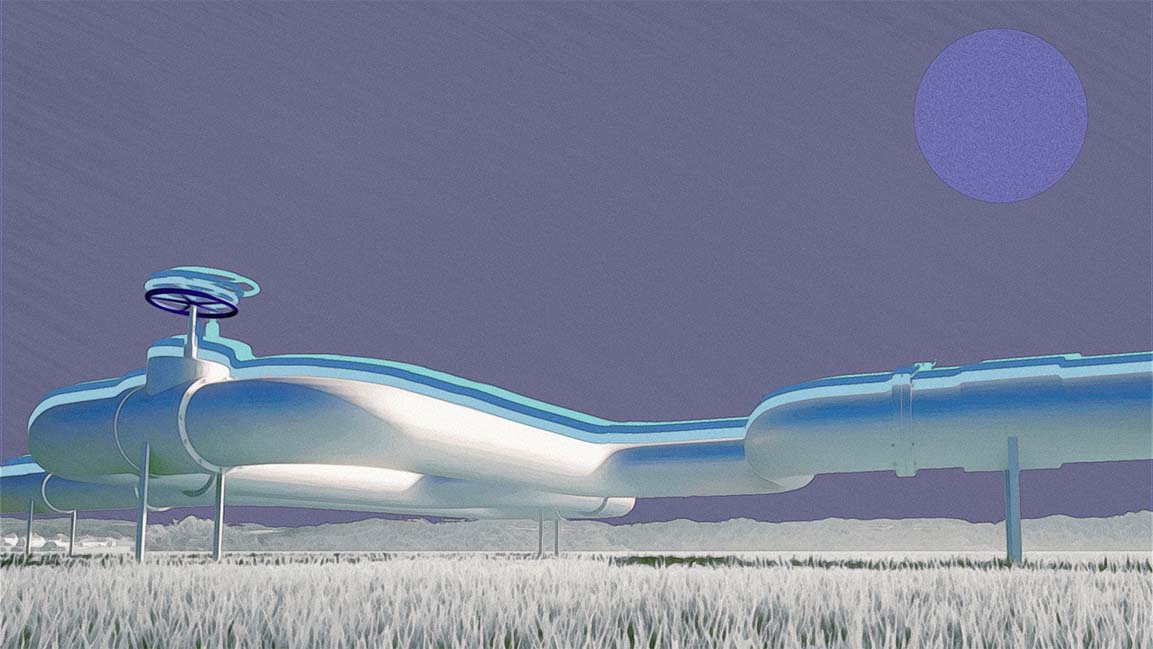- | 2:00 pm
Saudi Arabia, UAE and Qatar gain attention from Japan on hydrogen project opportunities
Agreements and MoUs were signed between Japanese companies and Middle Eastern firms.

Now accepting applications for Fast Company Middle East’s Most Innovative Companies. Click here to apply.
The Middle East gains a new ally in exploring opportunities in hydrogen, renewables, and climate change.
Earlier this month, Japan Prime Minister Fumio Kishida visited Saudi Arabia, UAE, and Qatar to close a number of agreements as Japan aimed to encourage collaboration on hydrogen projects.
Along with representatives from 40 Japanese companies, Kishida revealed it fulfilled its aim of “promoting co-operation in green and renewable energy.”
A major agreement has been Lighthouse, a Japan and Saudi Arabia initiative to develop clean energy projects related to hydrogen, ammonia, and carbon recycling. According to Saudi Arabia’s Energy Minister, Prince Abdulaziz bin Salman, the kingdom will continue its partnership with Japan in crude and clean exports. The minister called for joint co-operation in clean hydrogen and its applications and for developing the infrastructure for a circular carbon economy.
During the trip, at least seven agreements, many memoranda of understanding, were signed between Japanese companies and Middle Eastern firms.
One of these includes an agreement between Japan’s power generation company JERA and UAE’s energy firm ADNOC to study co-operation in clean hydrogen and ammonia, as well as a pact between Sumitomo Corp and Sharjah National Oil to study the feasibility of a carbon capture and storage project in the UAE.
Other agreements were joint studies for low-carbon metal production and future supply chain options.
At the UAE-Japan Business Forum in Abu Dhabi held on July 17, the two countries signed agreements and initial pacts to bolster economic, trade, and investment ties between the two countries in the fields of energy, industry, advanced technology, artificial intelligence, space, health, transport, environmental conservation, and circular economy.
In addition, Kishida and UAE leaders agreed to a new scheme to accelerate energy security and a framework for the UAE to invest in Japanese chip and battery technology.
As part of its national strategy, Japan is investing over $100 billion in the next 15 years to boost supply in the country and globally. The country plans to use fuel to decarbonize industries such as auto manufacturing and power plants, which currently run on fossil fuels.
































